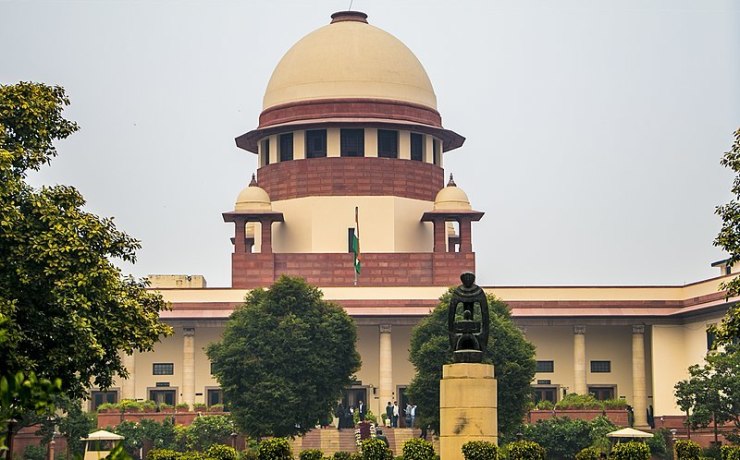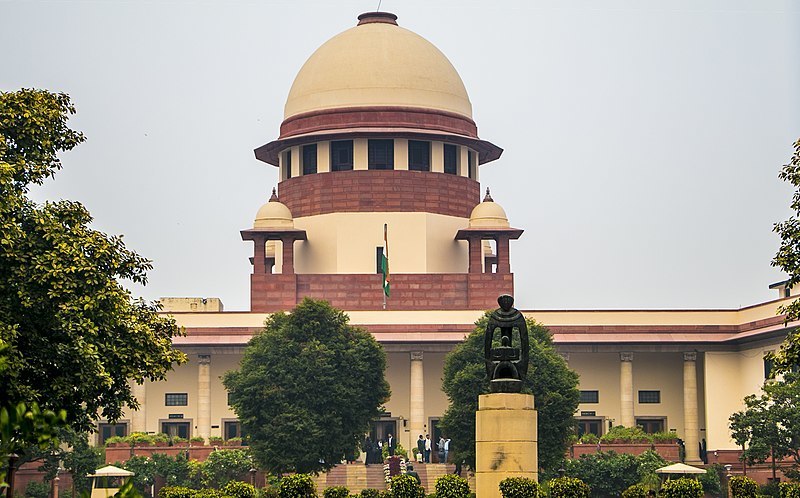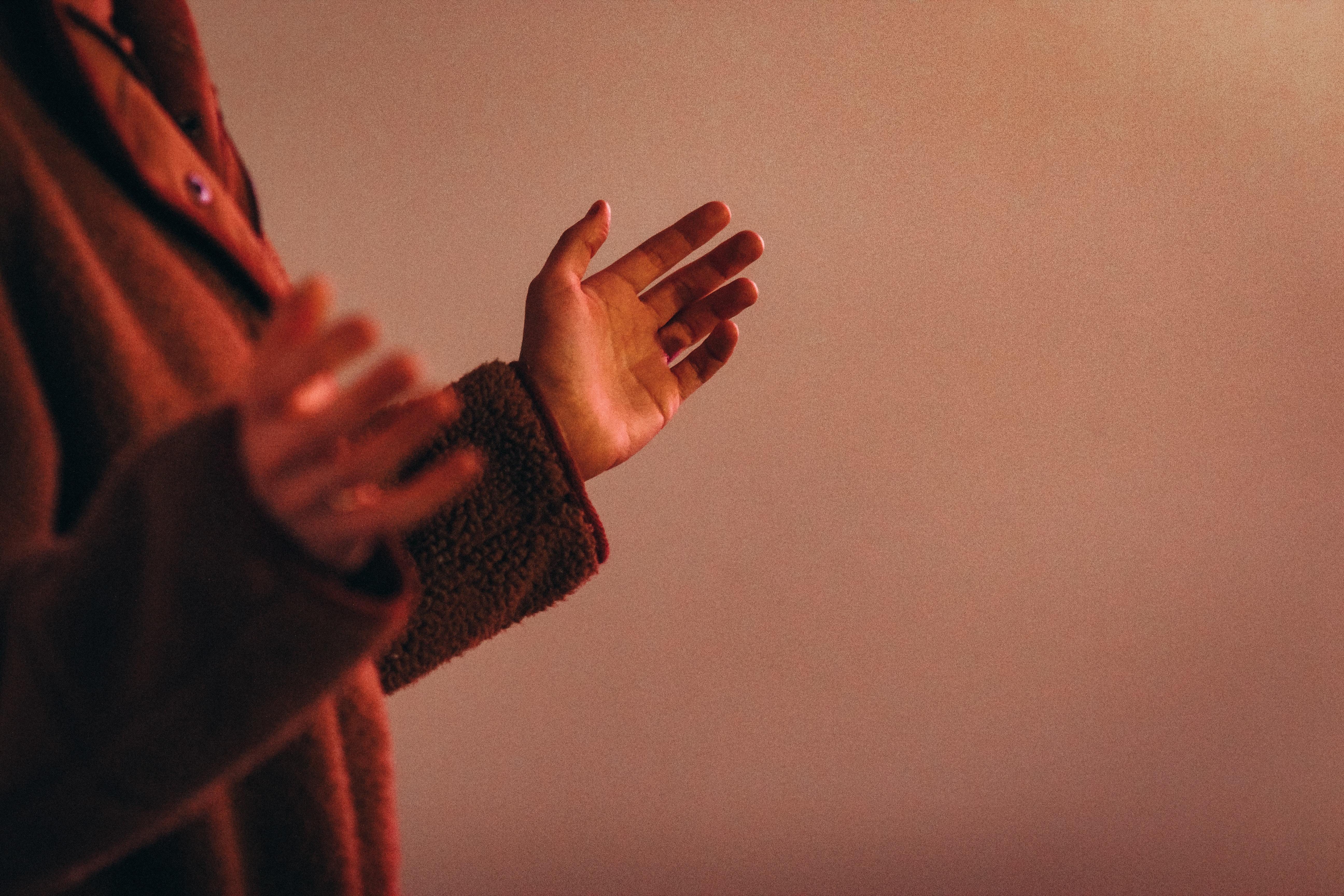
In a landmark decision, on January 8, a bench of the Supreme Court of India, headed by Justice B.V. Nagarathna, has overturned the Gujarat government’s controversial remission of sentences for 11 men convicted in the Bilkis Bano gang rape and murder case. The court declared the state government’s actions as illegal and a clear usurpation of jurisdiction, ordering the immediate surrender of the convicts within two weeks.
The heart-wrenching incident took place on March 3, 2002, in Chapparwad village, Gujarat, during the 2002 riots. Bilkis Bano, pregnant at the time, was gang-raped, and her three-year-old daughter, along with seven other family members, were murdered by a brutal mob. While the crime occurred in Gujarat, the trial was conducted in Mumbai, where a special court convicted and sentenced the accused to life imprisonment in 2008.
The crux of the matter before the Supreme Court was whether the Gujarat government had the authority to grant remission, considering the crime’s location within its territorial limits. The court, in its judgment on January 8, unequivocally ruled that the competent government in this matter was the Maharashtra government, the state where the accused were sentenced.
The Supreme Court’s decision also brought to light a significant discrepancy in its earlier ruling in May 2022, where it allowed Gujarat to decide on the remission application of one of the convicts, Radheshyam Bhagwandas Shah. Subsequently, the other 10 convicts joined in with their pleas for remission, leading to their premature release on 10 August 2022.
Justice Nagarathna, in delivering the verdict, revealed that critical facts were suppressed during the 2022 proceedings, which would have swayed the court’s decision. Shah, in his plea, failed to disclose that the Gujarat High Court, in 2019, had directed him to approach the Maharashtra government for remission. Upon rejection, he sought the Central Bureau of Investigation’s intervention, which recommended serving the full sentence without leniency.
Even the Special CBI Court in Mumbai, which tried the case following its transfer from Gujarat, rejected Shah’s plea for premature release in January 2020. The Superintendent of Police in Dahod had also expressed concerns about the potential commission of a “serious crime” against Bilkis Bano and her family if Shah were to be released early. The Collector/District Magistrate of Dahod had supported this opinion.
Justice Nagarathna underscored that these crucial facts were deliberately withheld by Shah during the 2022 proceedings, leading to an erroneous decision. The judge went on to state that the May 2022 ruling was marred by a misrepresentation made by Shah, who claimed a “divergence in opinion” between the Bombay and Gujarat High Courts. However, a Gujarat High Court order from March 13, 2020, refusing remission to Shah, was never challenged, or set aside and still held sway.
The judgment also brought attention to the Gujarat government’s contradictory stance. Before the May 2022 decision, the state conceded in the Supreme Court that Maharashtra was the competent authority for considering remission. Yet, after the ruling, it reversed its position and failed to seek a review of the decision, acting in complicity with the convicts.
Justice Nagarathna pointed out that this conduct by the Gujarat government echoed the reasons behind the Supreme Court’s earlier decision to transfer the case’s investigation to the CBI and the trial to the Special Court in Mumbai.
While the Supreme Court upheld the maintainability of Bilkis Bano’s petition, it left the question of the maintainability of other Public Interest Litigations (PILs) filed in the criminal case open for future deliberation in an appropriate case.
Following the court’s verdict, Bilkis Bano, the survivor of the monstruous crime, expressed her gratitude in a written statement on January 8. She stated, “This is what justice feels like. I thank the honourable Supreme Court of India for giving me, my children, and women everywhere this vindication and hope in the promise of equal justice for all.”
However, concerns have arisen as recent reports indicate that nine out of the eleven convicts have not yet surrendered to jail authorities, despite the court’s directive to do so within two weeks. The whereabouts of these individuals remain unknown, raising questions about their compliance with the Supreme Court’s order.




























![[Video] More – Aghogho » GospelHotspot](https://gospelhotspot.net/wp-content/uploads/2024/04/More-Aghogho.jpeg)
















